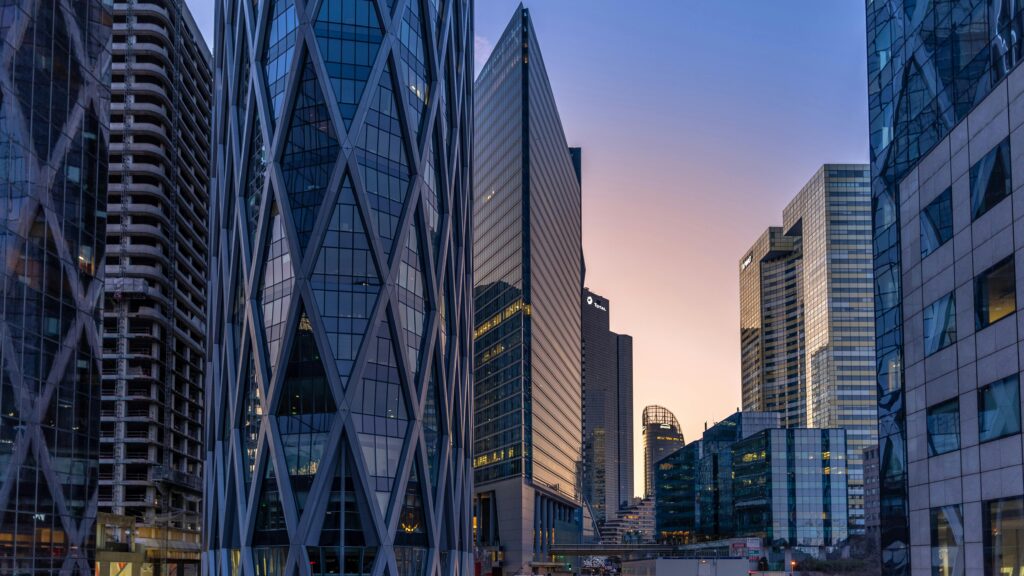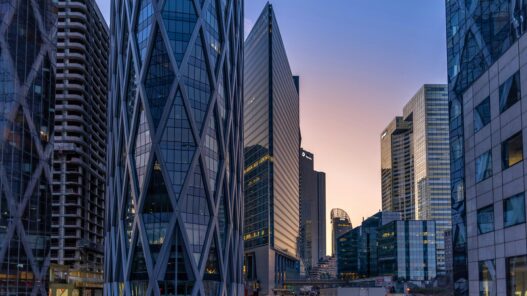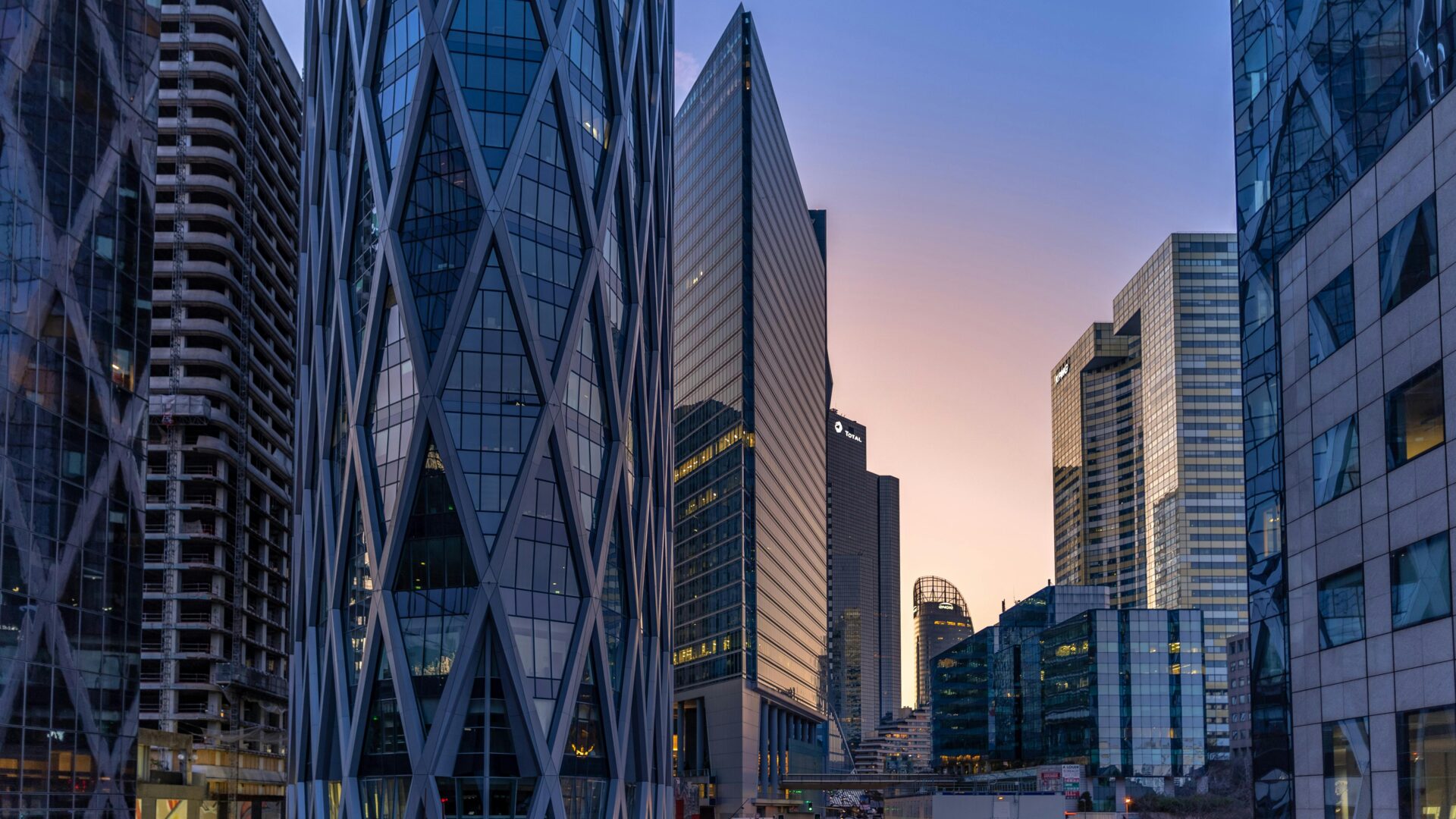
Picture this: you’re sitting in Jozi or Cape Town, watching petrol and grocery prices climb with inflation chipping away at your savings—5.2% in 2024, maybe 4–6% in 2025. Your bank account’s earning a measly 4% interest, and you’re wondering how to make your money work harder. Enter alternative investments—things like structured products, commercial real estate (CRE), private equity, private credit, and infrastructure. These aren’t your grandpa’s stocks and bonds; they’re shaking up how South Africans can grow wealth, beat inflation, and even drive global change. I’m no Wall Street hotshot, just someone who’s seen how these options can shift the game. Let’s unpack why alternatives, especially CRE, are a big deal and how they’re changing the world, one portfolio at a time.
What Are Alternative Investments, and Why Should You Care?
Alternative investments are anything outside the usual suspects—stocks, bonds, and cash. Think CRE (warehouses, malls, offices), private equity (buying stakes in private companies), private credit (lending to businesses), or infrastructure (think solar farms or toll roads). Globally, alternatives have grown from $7.2 trillion in 2014 to $18.2 trillion in 2024, with forecasts hitting $29.2 trillion by 2029. In South Africa, they’re gaining traction as people look for ways to diversify and outrun inflation.
Why should you care?
Diversification: Alternatives often move differently from stocks, cushioning your portfolio when the JSE dips. Which happens for any reason these days any comments from Washington or a threat of war and the world markets reverberate.
Higher Returns: Private equity has averaged 10.5% annually vs. 7% for public stocks. CRE can hit total returns above 15% growth.
Inflation Protection: Assets like CRE and infrastructure tie returns to rising costs, keeping your money’s value intact.
So, what’s your biggest worry about your savings right now? Is it inflation eating your cash or missing out on growth? Let’s see how alternatives tackle these.
The Power of Commercial Real Estate as an Inflation Hedge
Inflation’s a silent wealth-killer in South Africa, with CPI averaging 5.2% in 2024 and projected at 4–6% in 2025. While residential property feels like a safe bet, commercial real estate (CRE)—think retail centres, office parks, or warehouses—is a better shield. Here’s why:
Rental Escalation Clauses: Commercial leases often include annual rent hikes tied to CPI (e.g., 5.2% + 1–2%), so your income grows with inflation. A Shoprite-anchored retail centre might start at R350,000/year in rent and hit R460,000 in five years. Residential leases? Often stuck at 3–5% increases, lagging CPI.
Capital Appreciation: CRE in prime spots like Sandton or Umhlanga grows 7–10% annually, beating inflation and residential’s 4–6%. A R5M retail centre could be worth R7.5M in five years.
Tangible Asset Value: CRE’s bricks-and-mortar nature holds value even in downturns, unlike stocks that can crash. Prime commercial properties recover faster than homes, which can sit empty.
Stable Tenants: Corporates sign 5–10-year leases, ensuring steady cash flow. Residential tenants might bail after a year, leaving you with vacancies or repair bills.
Other Alternative Investments Changing the World
CRE’s not the only game in town. Alternative investments are reshaping how South Africans and the world build wealth, drive innovation, and tackle global challenges. Let’s explore a few:
Private Equity
This is about buying stakes in private companies, like a tech startup or a healthcare firm. Globally, private equity has outperformed public markets (10.5% vs. 7% annually). In SA, firms like Ethos invest in high-growth sectors like renewable energy.
World Impact: Funds fuel innovation—think Google or Airbnb, once venture-backed startups. In SA, private equity could back green tech or healthcare, addressing local needs.
Why It Matters: Offers high returns and diversification, less tied to JSE swings.
Catch: Invest with a goal (5–10 years) and high minimums (R1M+ unless via funds).
How might backing a South African startup align with your goals? What risks (e.g., illiquidity) would you need to weigh?
Private Credit
Think lending to well established businesses, you could be doing that anyway through the bond market exposure in your money market investments. In SA, private credit funds like Futuregrowth support SMEs. The global private credit market has surpassed US$3 trillion in assets under management.
Infrastructure
Investing in solar farms, toll roads, or data centres offers stable cash flows. Globally, infrastructure needs $4 trillion by 2030 for net-zero goals, and SA’s load-shedding crisis screams for private capital.
How Alternatives Are Changing the World
Alternatives aren’t just about your wallet—they’re reshaping economies and societies:
Democratizing Wealth: Platforms like www.Alta-X.com and Easy Equities let you start with low minimums once reserved for the ultra-rich.
Driving Innovation: Private equity and venture capital fund game-changers—think AI startups or renewable energy. In SA, this could mean jobs and solutions for load-shedding.
Fighting Climate Change: Infrastructure and ESG-focused funds (e.g., renewable energy) channel billions into sustainability, critical as the UN’s 2030 climate deadline looms.
Tokenization: Blockchain is making assets like CRE or art tradable in fractions, boosting liquidity. Imagine owning 1% of a Durban mall via tokenisation low entry investment on www.ALTA-X.com
As Warren Buffett says, “The stock market transfers money from the impatient to the patient.” Be patient, embrace alternatives, and let your money outrun inflation while shaping a better future. Visit www.ffreedom.co.za to get started. What’s your next move?

















